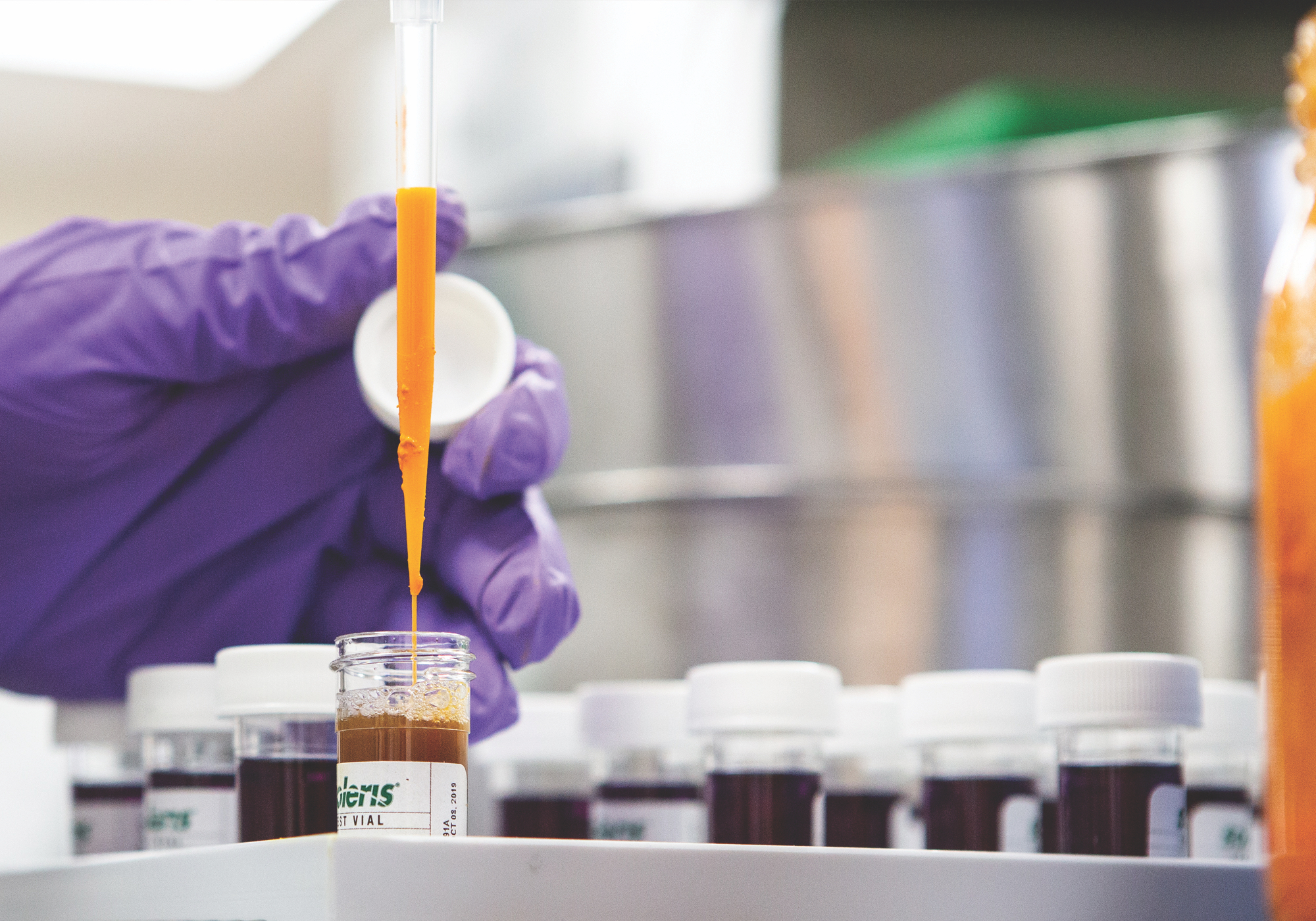Scientific name:Ginkgo biloba
Constituents:
- Flavonoids (kaempferol, quercetin, myricetin, apigenin, isorhamnetin, luteolin and tamarixetin)
- Terpenoid lactones (bilobilides & ginkgolides A through Q)
- Proanthocyanidins
- Ginkgolic acid (toxic)
- Polysaccharides
- Waxes
- Phytosterols (sitosterol)
Medicinal actions:
- Anti-inflammatory
- Antioxidant
- Antispasmodic
- Cerebral & circulatory stimulant
- Neuroprotective & cognitive enhancer
- Peripheral vasodilator
Mechanism of Action & Pharmacology:
- Flavonoids are antioxidant and protect blood vessels, brain and heart from free radical damage. They also increase oxygen and glucose utilization & blood flow, therefore improving tissue oxygenation and nutrition.
- Terpenes (Ginkgolides) appear primarily responsible for neuroprotective effects.
- Ginkgolide B is a potent anti-inflammatory and platelet-activating factor antagonist and helps suppress cerebral vasospasm.
- At cellular level, the extract has demonstrated ability to reduce plasma superoxide dismutase activity (SOD) and protect hippocampal neurons.
Pharmacy:
- Infusion
- Tincture
- Capsules
Safety & Toxicity Concerns:
- Hypersensitivity reactions such as allergic dermatitis, dry mouth, and sleep disturbance.
- Raw or fresh leaf may cause GI discomfort & dizziness.
- Fruit/nut consumption can cause erythema, edema, vesicles, and severe GIT irritation.
- Avoid if on anti-convulsants or TCAs and with history of bleeding or seizure disorder or in known allergy.
- Note: Compared with placebo, standardized Ginkgo extract does not appear to be associated with a higher risk of bleeding, though it does appear to reduce blood viscosity without affecting ADP-induced platelet aggregation, fibrinogen concentration, or activating partial thromboplastin time or prothrombin time.
Interactions:
- Prolongation of bleeding and/or increased bleeding tendency concern based on antiplatelet activity. Bleeding events associated with Ginkgo alone or in combination with anticoagulants and other drugs have been reported but a causal relationship has not conclusively been established. Use caution and monitor INR in patients taking anticoagulants such as aspirin, cilostazol, clopidogrel or ticlopidine.
- May decrease the effectiveness of drug anticonvulsant medications (e.g. carbamazepine, sodium valproate) Increasing the intake of vitamin B6 may be advisable if used concurrently. (Note: May increase risk of seizure when combined with any medication known to lower seizure threshold).
- May potentiate the efficiency antipsychotic medications (e.g. haloperidol, olanzapine, clozapine, risperidone) in patients with schizophrenia and may induce hypomania in combination with SSRIs, MAOIs, trazadone, TCAs, buspirone, and St. John’s Wort may increase risk of serotonin syndrome and seizures.
- May alter drug levels of some antiretroviral drugs (HIV integrase inhibitors, e.g. raltegravir), benzodiazepines (e.g. alprazolam, diazepam, midazolam)
- May decrease drug levels of antiretroviral drugs (HIV non-nucleoside transcriptase inhibitors, e.g. efavirenz), omeprazole, statin (Atorvastatin, Simvastatin).
- May enhance effects of hypoglycemic drugs (e.g. Metformin, Glipizide, Pioglitazone), and decrease effectiveness of tolbutamide.
- May increase drug levels or side effects of nifedipine & talinolol.







